Take the term hacking as a positive idea. You want to promote yourself, not “selling yourself”. Once again, be yourself.
 I will share with you some tips on how to be confident and how to better promote yourself at the interview day. I actually learned most of them when I studied business and marketing (before I joined a design school).
I will share with you some tips on how to be confident and how to better promote yourself at the interview day. I actually learned most of them when I studied business and marketing (before I joined a design school).
1. Talk about what they want, not what you want

Can you feel the difference? Instead of asking for help, suggest that you will help them.
2. Be courteous with the staff. 
Be polite to anybody you meet at the company. Some candidates don’t bother with the people who aren’t interviewing them, and may talk down to the secretary, for example. Basic human decency aside, keep in mind that lower employees like secretaries can be important to impress, since they are in contact with every level in the company, from the interns to the executives.
Don’t look down on people and they’ll return the same courtesy. Even if you’re applying as a lowly intern, they will be pleased to help you.
3. Provoke the “Yes” Technique

May I give you my card, may I sit, may I go in? May I show you my portfolio? Craft the conversation and interaction so that the interviewer gets used to saying “yes” to you by asking questions they can’t possibly refuse. Create a positive environment.
4. Turn the interview into a discussion
You don’t have to be too formal. Simply by being friendly and courteous, you’ll be able to direct the climate of the interview so that it becomes a discussion, not a series of monologues. This will make a big difference. Remind yourself that some interviewers may not themselves be comfortable with constantly leading the interview. This isn’t often something they do every single day. So help them to relax, too!
5. Make ‘em smile
You had fun with your project, so share it! Come up with a short but amusing anecdote about the process. Keep in mind that “human” often think being rational, however we take action by emotion.
6. Positive people are magnetic
There will always be someone better than you, either out there in the world or applying for the same job. Accept who you are, believe in yourself, and make a point to show that you will do awesome stuff together with the company and the existing team. Be enthusiastic.
7. Still shy? Used the 3rd eye technique
Looking people in the eye can be intimidating. For an alternative, train your gaze between and slightly above the eyes of the person you’re speaking to, as if you’re looking at a 3rd invisible eye on their forehead.
8. Multiple interviewers?

While you ask questions, look at everyone. DO NOT only focus on the main interviewer just because they’re a higher rank. If you meld well with the team, the boss will appreciate that.
9. For when you’re stumped
If you have no idea how to answer a question, instead of saying “uhhh” or making an embarrassed face, take a few seconds of silence to think. Even if you still have no clue what to say, taking a moment of silence shows that you are thinking instead of hesitating. After showing that you’ve considered the question, you can simply say openly and confidently, “I don’t know”.
10. Don’t underplay your salary, even for an internship
Usually the company will have a specific budget in mind. If the company asks you how much you would like to be paid, don’t give them a low number just because you think it will give you a better chance of being hired. This is always a case-by-case situation, but you need to remember that lowballing your salary may not show you or your opinion of the profession in the best light. Think twice before you speak.
11. The journalist’s tip: google your interviewer’s name
If you know your interviewer’s name beforehand, feel free to type it into Google. Likely, they will be doing the same for you. If the interviewer and yourself have things in common, awesome !
12. Get an insider’s perspective

to check out the company’s, or your interviewer’s, employee portfolio if it’s available. Take a quick look for personal reference.
13. Questions

Always prepare 2-3 questions to ask at the end of the interview. It’s your chance to win extra points.
14. Why a beginner like you could be at an advantage
- Some talent is too expensive, and every company has a budget.
- A young designer may bring in new ideas.
- Lack of experience may also make you easier to train and mold to the company culture (not having been influenced by another company’s system).
- Availability. Fresh graduates tend to be flexible
- …
When you will be graduated, real life will be a second school. Remember that being a designer is about learning all along your life.
To read in the same topic:
HOW TO TURN YOUR PORTFOLIO INTO A MARKETING WEAPON
9 TIPS TO ACHIEVE YOUR DESIGN DREAM INTERVIEW






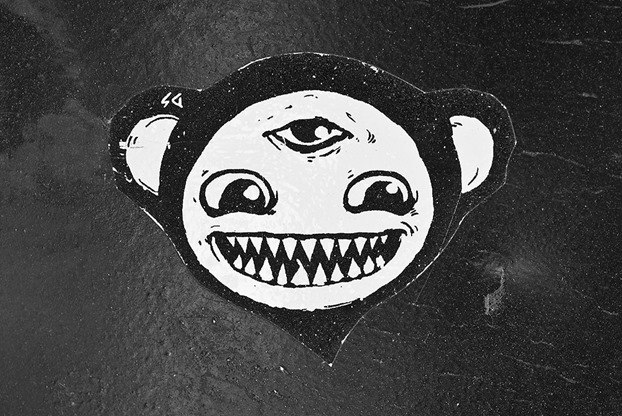



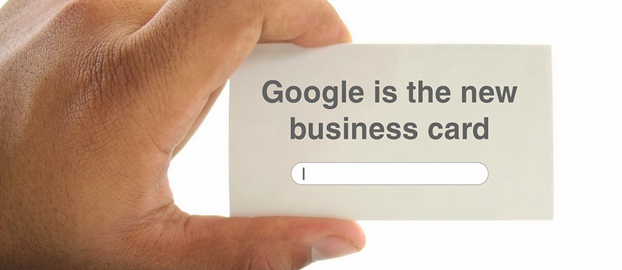


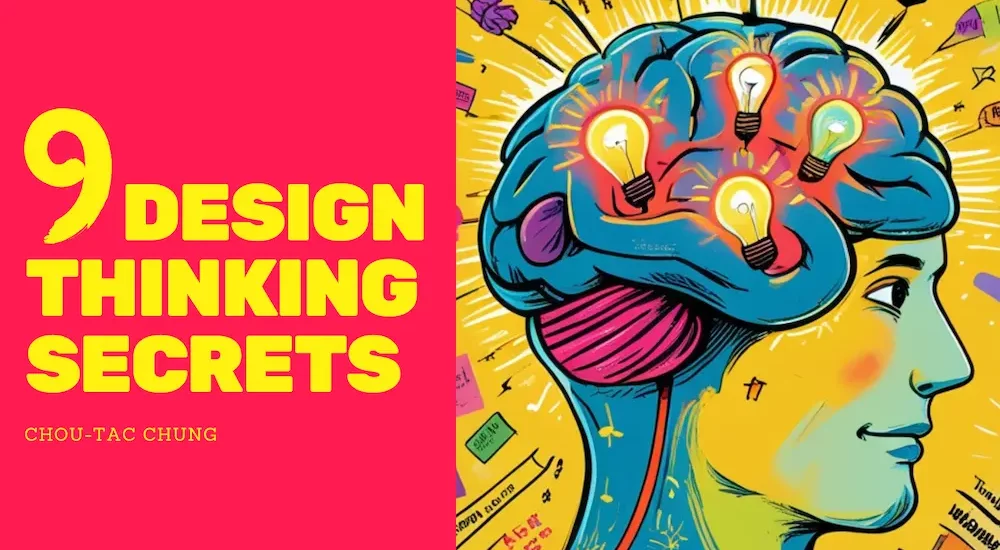
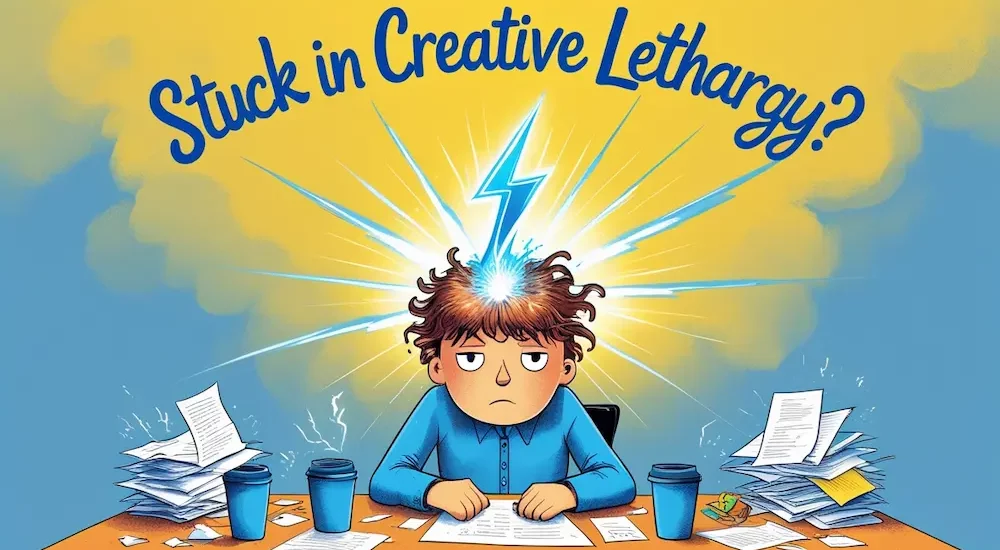
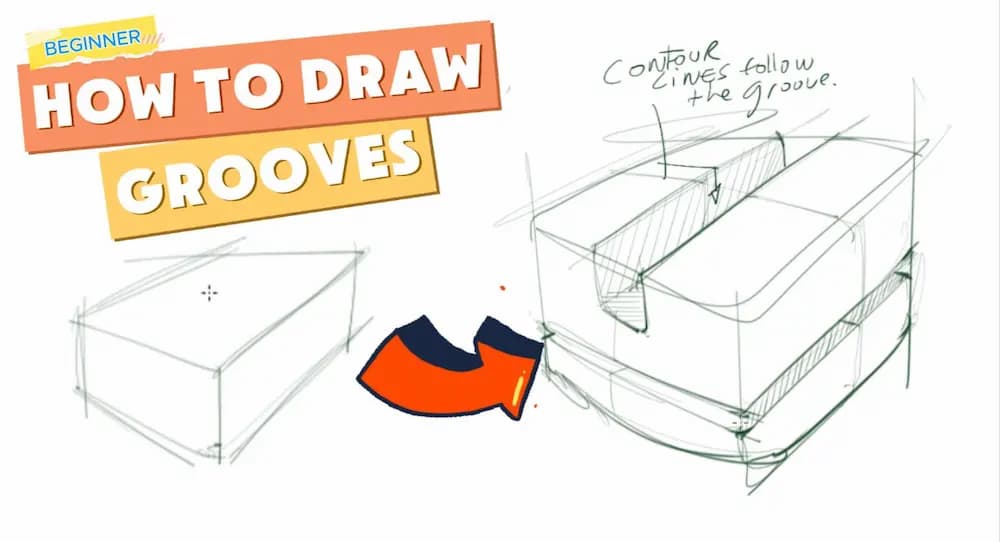



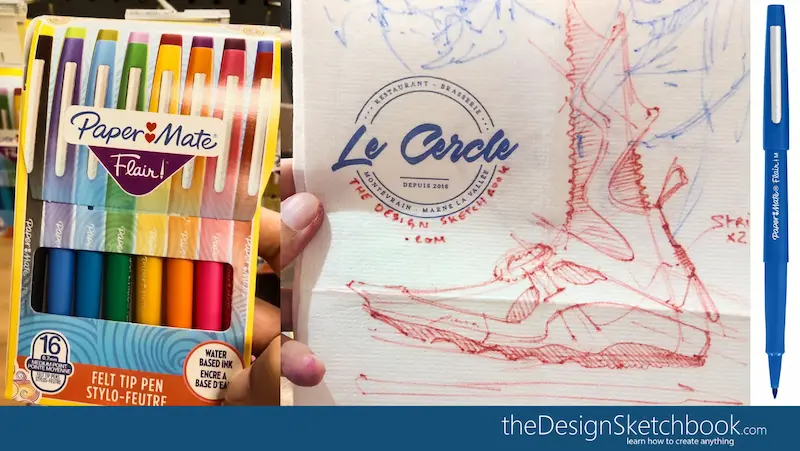
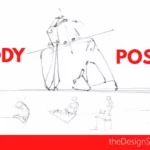
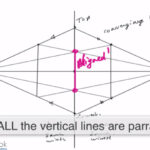

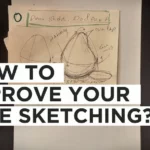

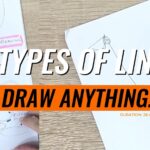


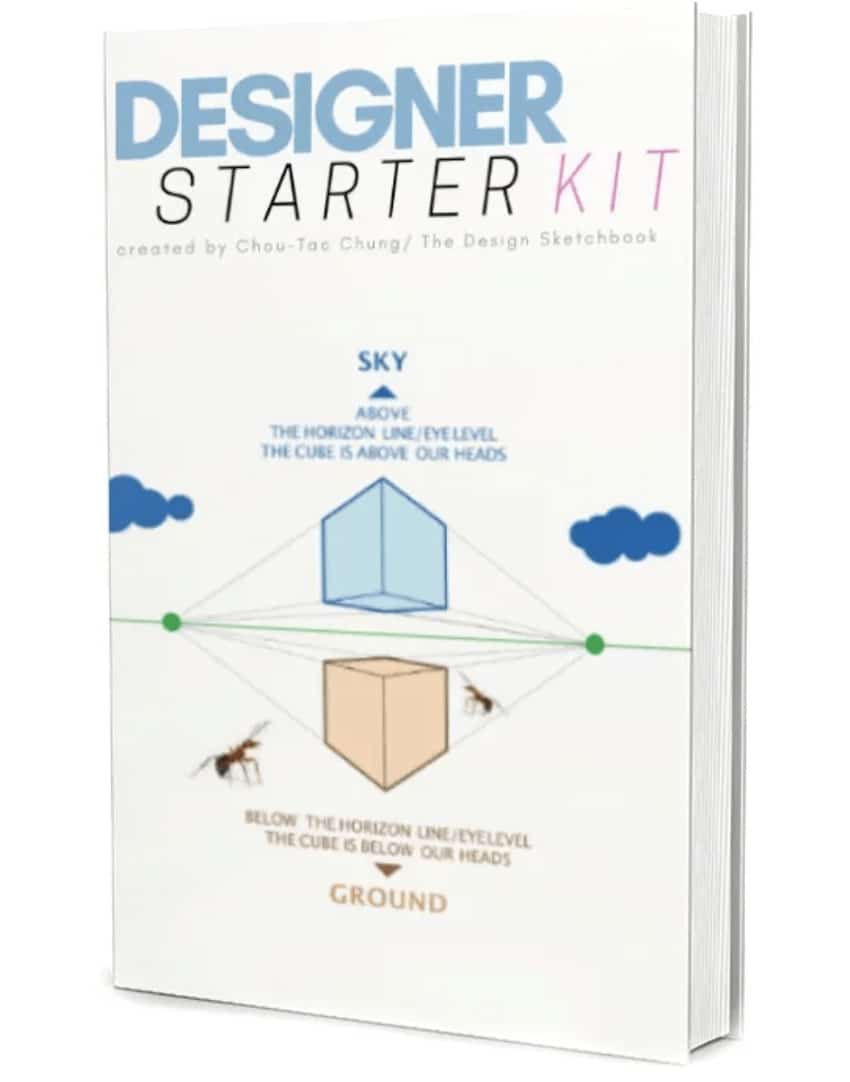
[…] you looking for a design job, but you have no portfolio […]